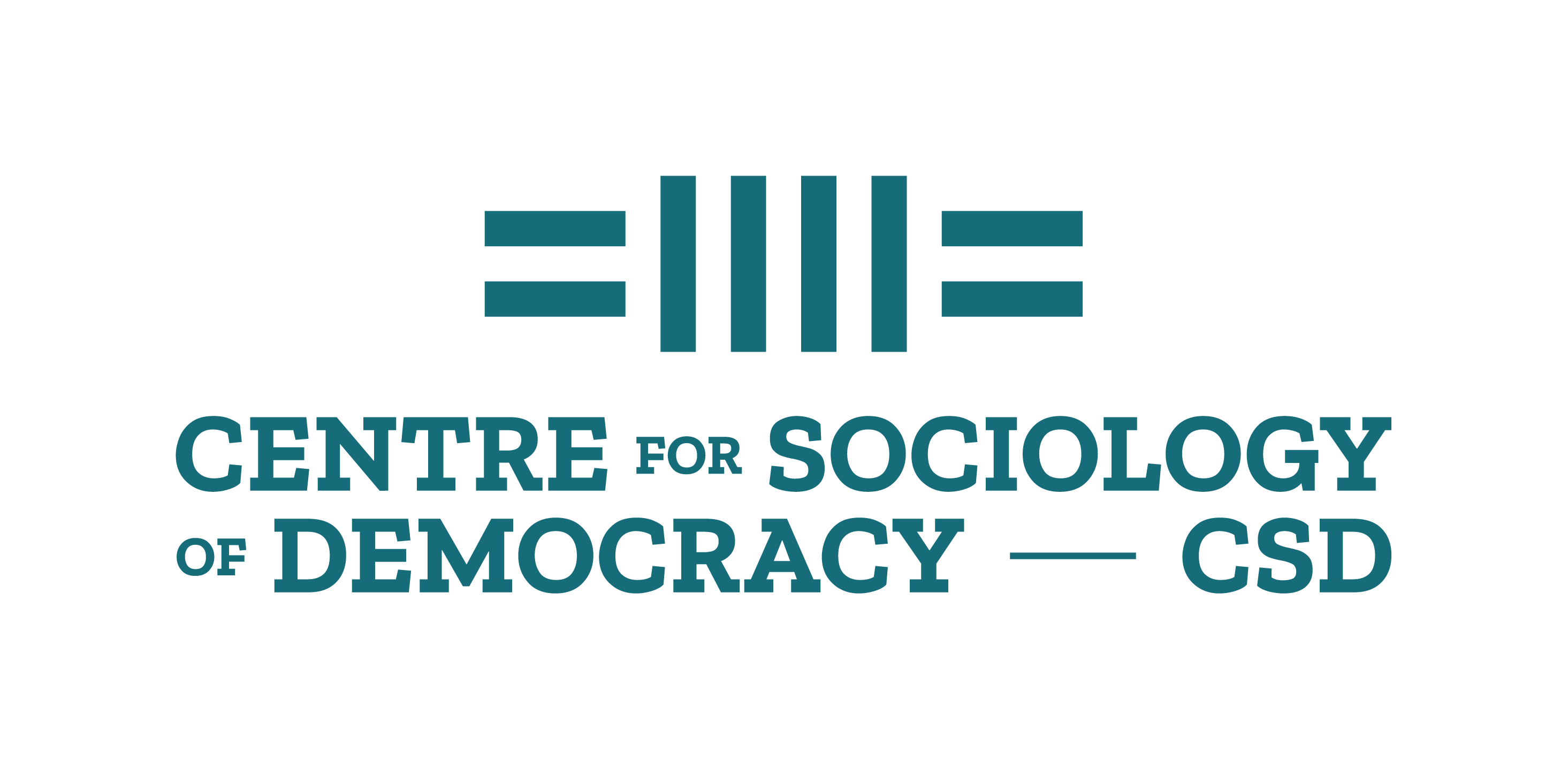

We are a methodologically diverse, interdisciplinary group of researchers investigating democracy in contemporary societies.
Recent Publications
In their article, by augmenting Mouffe’s agonistic pluralism with Thévenot’s pragmatic sociology, Veikko Eranti and Taina Meriluoto develop both an analytical framework for a more nuanced study of urban politics as sites of democracy and a detailed conceptualization of pluralism in democracy.
In their article, Eeva Luhtakallio and Taina Meriluoto argue that a fame-based logic has become dominant in the strategies of actors in many different situations concerning political action in public. By recognizing the fame-based values informing public action with a pragmatist approach, they argue that a wider variety of action can be recognized as public action and the normative foundations that inform people’s action in public can be interrogated.
In their article, Luhtakallio, Ylä-Anttila and Lounela compare the efforts of civil society organizations to influence climate change policymaking in three countries with very different traditions of democratic decision making.
Recent News & Blog Posts
What are the next walls to fall in science and society? Led by this question, the brightest minds from the international scientific community submitted their groundbreaking projects for the prestigious Falling Walls Science Breakthrough of the Year 2022.
Julkisuuteen noussut kohu on keskittynyt pääasiassa yhden suuren ketjuravintolan toimintakulttuuriin, mutta Lotta Junnilaisen ja Lotta Haikkolan haastatteluiden perusteella ongelmat eivät koske yksittäistä pikaruokaketjua, vaan ravintola-alaa laajemminkin.
The war in Ukraine has evoked immediate gut reactions from a distant, yet very mobilizable collective memory reserve in Finland: Russia, again. And: Are we next? We have certainly seen this one before, even though nobody wanted to see it coming this time.
Our Projects
CSD is engaged in multiple separate projects:

ImagiDem explores and conceptualises visual participation of young European citizens. By understanding how today's youth build political arguments, solve conflicts, build commonality, and what tools they use to politicize issues of their concern, the project aims at formulating a model of democratic practices of the 2020s.
»

Moral polarization means a lack of shared moral frameworks which makes it difficult to solve moral debates in the public. Polarization is detrimental to societal belonging and trust, which are important not only for stability but progress, too. The project studies morally polarized public debates to find common ground.
»
Read more about the project

Demokratiatekijät reinforces institutional structures within CSD, strengthens analytical ties across different research projects, and brings the center's groundbreaking research to wider audiences through multiple channels of outreach.
»

The RORE project studies ethnographically how activists in Finland today engage in high-risk activism. The research focuses on how these activist groups take shape, how risk affects group dynamics, and how the phenomena relates to changes in Finnish political culture.
»

PALJAS-project investigates how the social media -driven norms of authenticity and personal exposure impact the possibilities of political action among the margins. The ethnographic project follows activists in diverse marginalised positions to understand what, when and how they share about themselves, how this is mobilised as a political tool, and what new possibilities and barriers for political action emerge as a result.





